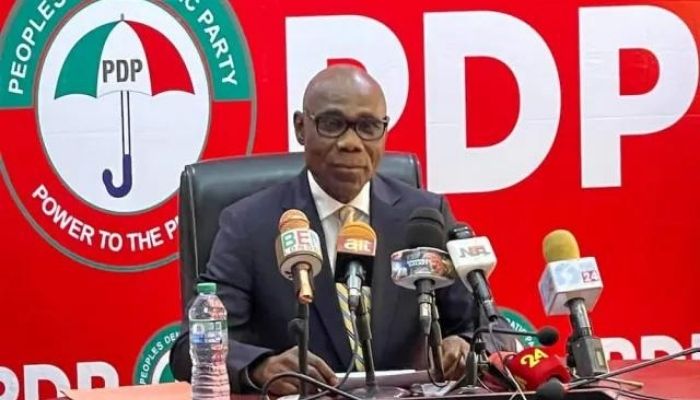The Federal Government has called on the media industry to proffer media-driven solutions to social media challenges, saying the ongoing review of media regulations is not intended to weaken it.
The Senior Special Assistant to the President on Media and Publicity, Malam Garba Shehu, gave the advice on Sunday, at the Annual General Meeting of the All Progressives Congress (APC), Press Corps in Abuja.
Shehu, who underscored the importance of social media to governance and social development, said it had also become a problematic platform that abused the rights of vulnerable members of the society.
According to him, social media has become a problem for many families because the rights of women and children are being abused and there is a need to protect vulnerable members of the society.
“There is need to protect the minority, whether tribal or religious in our country.
“So, it makes sense that you as media stakeholders come around the Minister of Information and Culture and formulate the kind of regulation you want so that government will not be accused of imposing a regulatory mechanism on the media.
“The minister is saying come, sit down with me and let us talk about it. And I was told that the day he called leaders of the Nigeria Union Journalists (NUJ), they walked out on him.
“If that the report is true, I think it is very unfortunate. I think we need to come around and offer media driven solutions so that at the end of it this country will have a vibrant and effective social media communication system.’’
Shehu added that if a new regulatory mechanism on the media was achieved, it would not drive children to addiction, adding that it would also protect consumers of media content from harmful invasion.
The presidential aide urged media practitioners to give serious consideration to these challenges.
He said that they should see how the media in the country could work together with government to find communication solutions to what he described as purely communication problem.
According to him, it is not political because the government has no reason to undermine or weaken the mass media.
“When you realise it, in a country where the mass media is being suppressed, where there is no freedom of expression and information, you find out that the media space tends to decline, it becomes smaller, and media houses close down.
“But the irony of what is happening in the country is that while some civil society groups are crying here that the freedom of expression is being threatened, the media space is expanding.
“And in any case, we know why they are shouting because they are looking for donors abroad who will send in U.S. dollars for the protection of hate speech, which basically is a selfish move.
“But in this country, we are expanding the media space and the last time we did, we licensed about 300 radio stations.
“As I am speaking to you now, this administration is processing almost 500 requests for radio stations.’’
Shehu therefore, noted that the media could not be expanded, if it was being oppressed.
“A lot of our colleagues, especially editors who lose their jobs, set up a digital newspaper, and they are doing well.
“Many of them are prospering, which tells you that the media is not in any way constrained in carrying out its constitutional duties,’’ he said. (NAN



